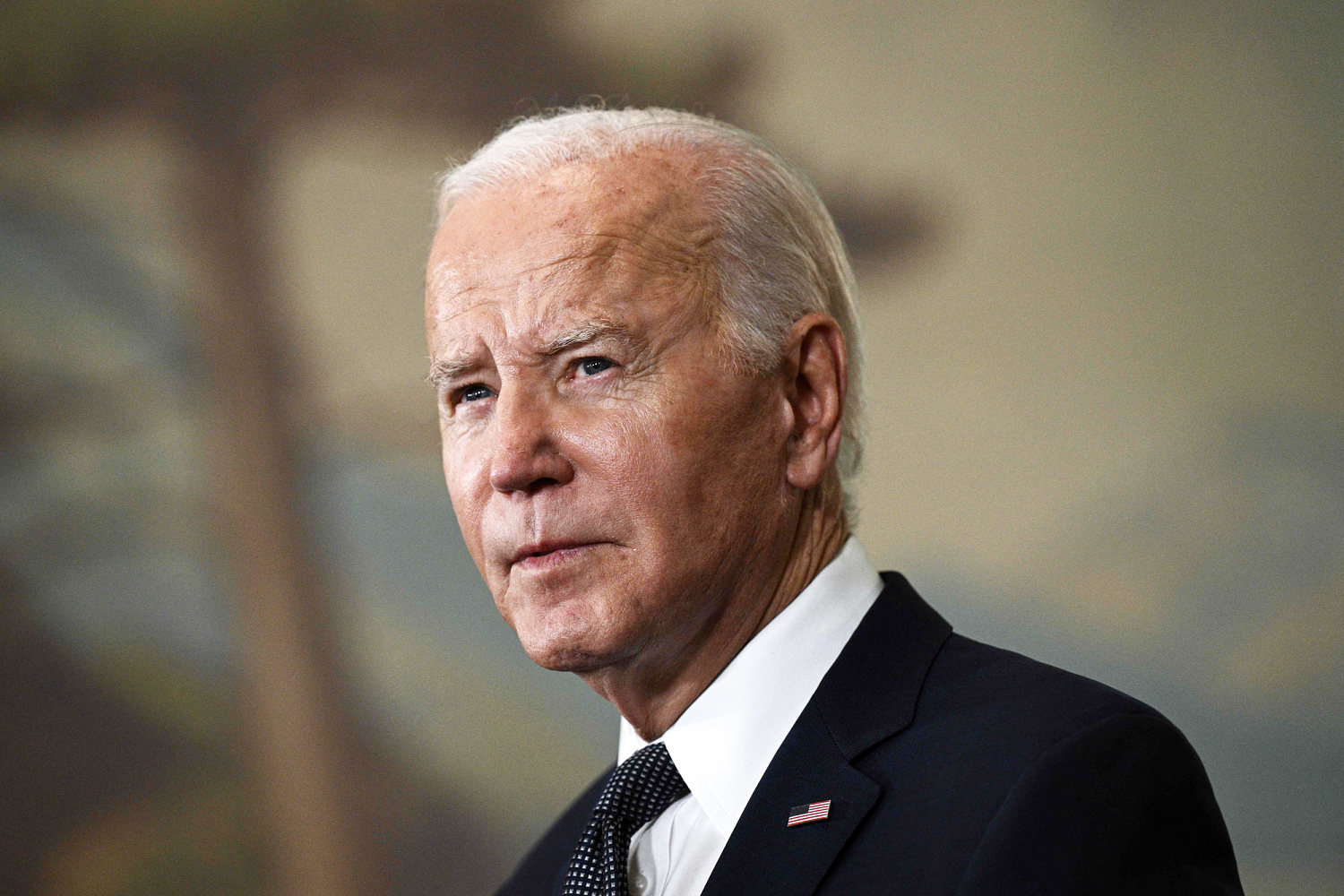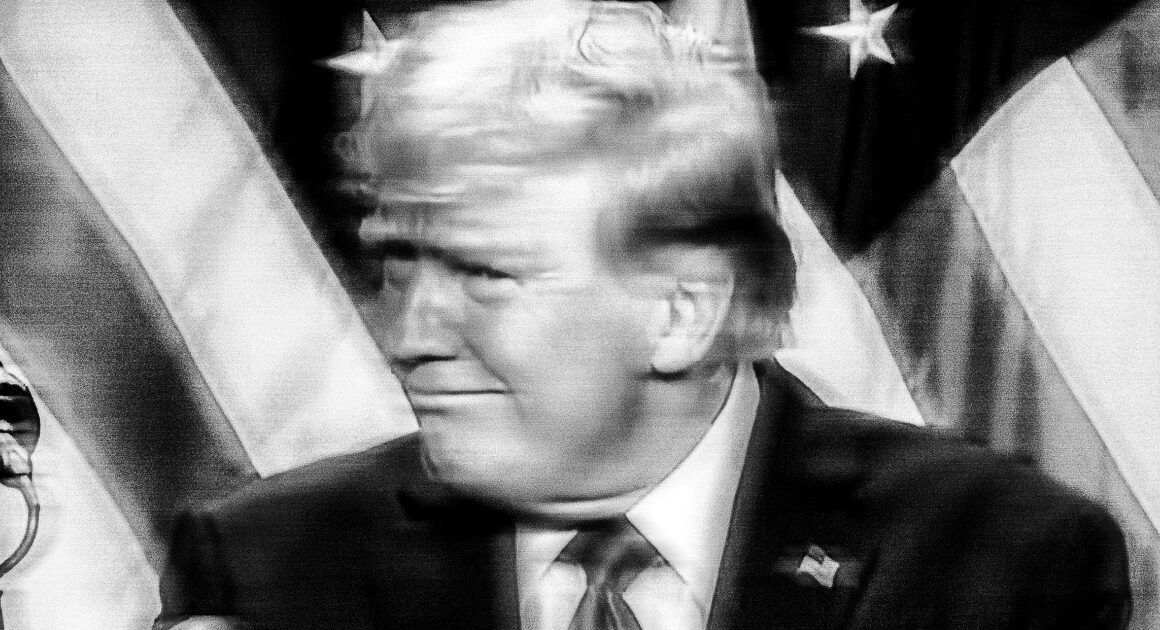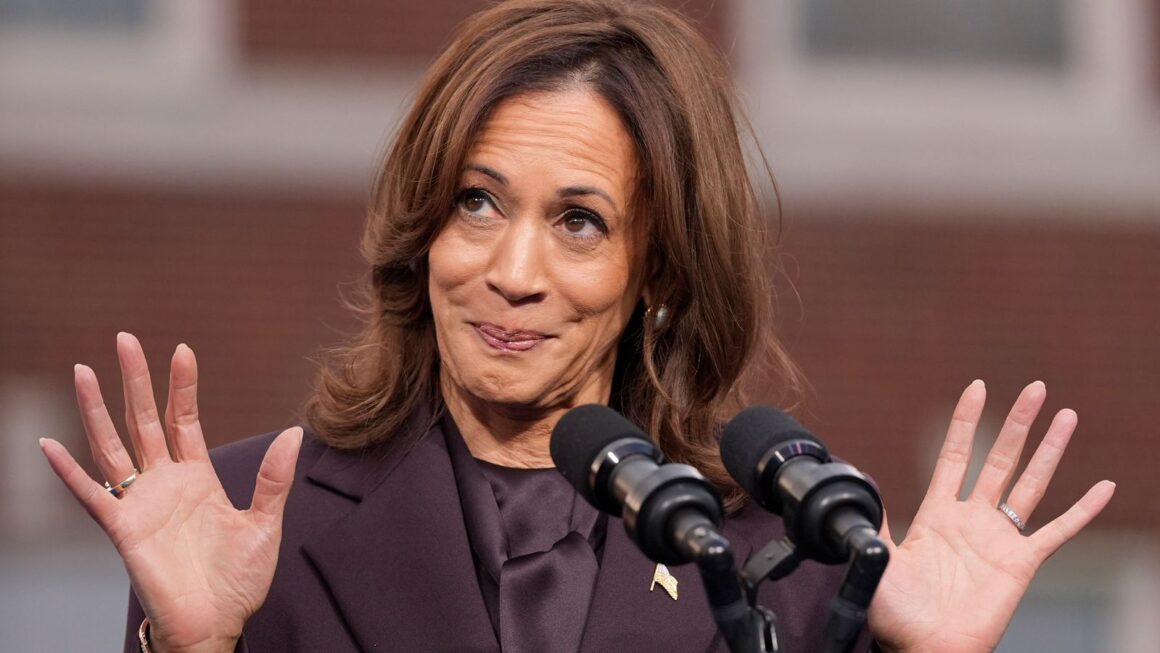
President Joe Biden and Chinese President Xi Jinping appeared to make some breakthroughs during their first meeting in a year in California on Wednesday. Both said the talks were among the most productive they’ve had, and they made progress on, among other things, policies to fight the spread of fentanyl and resuming military communication at a senior level.
But at a press conference at the end of the meeting, Biden made a pointed remark that underscored the gulf between the two countries. Asked by a reporter if he stood by his characterization of Xi in June as a “dictator,” Biden answered that he did. “Well, look, he is. I mean, he’s a dictator in the sense that he is a guy who runs a country that is a communist country that’s based on a form of government totally different than ours,” Biden said. “Anyway, we made progress.”
The simplest explanation is that Biden was being Biden.
As he said this, Secretary of State Antony Blinken, who was seated in the front row, visibly winced. Blinken’s apparent pain at his boss’ blunt language has gone viral — inspiring mockery of the Biden administration, and prompting some right-wing commentators to describe Biden’s language as a sign of senility-induced incompetence. David Sacks, a right-wing venture capitalist, posted on X, “This was a bumbling act of senility in which Biden fell for a reporter’s obvious gotcha question, erased the whole point of the diplomatic summit, and caused his own staff to shake their heads in disbelief.” Ian Miles Cheong, a right-wing commentator, observed in a response to Sacks: “China would be foolish to trust anything the Biden administration offers them at this point.”
Is Biden’s age a valid concern as he pursues another term in office? Yes. Does that definitively explain his behavior here? No. The simplest explanation is that Biden was being Biden.
First, it’s unclear that Biden’s comment could even be characterized as a gaffe. The question, after all, was whether the president would disavow a view he articulated just a few months ago. Biden knew if he changed his position he would be vulnerable to attacks of inconsistency out of political expediency. China has the same style of government today that it had in the summer, and there is nothing inaccurate about what Biden said. Biden is also aware that the right is constantly looking to attack him for being soft on China, and that very well may have happened if he had used softer language. It’s a bit of a damned-if-you-do, damned-if-you-don’t scenario when it comes to Biden’s critics on the right.
Second, even if one assumes that Biden veered from the kind of language his staff advised him to use, anyone who hasn’t been living under a rock knows that Biden has misspoken, said something off-color, or unexpectedly deviated from talking points for his entire political career — particularly in the realm of foreign policy. As senator, vice president and now president, Biden tends to feel confident making edgy off-the-cuff remarks that cause others headaches. It’s difficult to argue that any impolitic comment he makes can be attributed to his age when this is the same man who, as vice president, forced former President Barack Obama to change his position on same-sex marriage by freelancing on the issue on “Meet the Press.” (Biden has even called himself “a gaffe machine.”) So even if one wants to argue that Biden was behaving incompetently, the bar for proving that it has to do with declining mental acuity is high.
Blinken’s reaction was funny to witness, a rare example of a seasoned diplomat shedding their poker face. But it doesn’t mean Blinken thought Biden didn’t know what he was doing — he could’ve simply disagreed with the president’s on-the-fly judgment. It’s possible he would have preferred that Biden had, for example, ignored the reporter’s question and shifted the topic to focusing on the progress that had been made at the summit, thereby neither confirming nor denying the question. Perhaps Blinken would’ve valued such a response after a summit when the U.S. and China made substantial diplomatic progress and their heads of state were unusually chummy with each other — including sharing nostalgic photos, exchanging birthday wishes and showing off their presidential cruisers. But unlike Blinken, Biden is primed to consider domestic audiences more than international ones; their judgment on this could simply be irreconcilable.
Could Biden have handled the question differently? Yes. Should he have? That’s up for debate. But there’s no proof that he didn’t know what he was doing.
![]()







